
Main Page
Alphabetical Menu
Chronological Menu
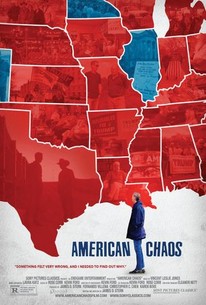
In the political documentary American Chaos, director James D. Stern travels to Red States to interview Trump supporters months before the 2016 presidential election. He wants to try to grasp what their thought process is which led them to being pro-Trump. Initially, he promises the audience that he'll just let the subject talk without arguing with them, but eventually he realizes that he can't commit to that promise given what they say. So, he does, on occasion, question them and engages them in conversations which is when the documentary starts to become more engaging---and also frightening because of how misguided and misinformed many of the Trump supporters are. Unlike Michael Moore, Stern has a calm demeanor during his interviews without a shred of condescension. Refreshingly, he treats his subjects with respect; it's the subjects themselves who end up putting their foot in their mouth more often than not. If you're not a Trump supporter, prepare for many face-palm moments. It's hard to believe that smart people can be capable of saying such dumb things and showing signs of racism, but such is the harsh reality of life. Those who voted for Trump are eerily similar to the Good Germans of Nazi Germany. American Chaos, ultimately, isn't as enraging nor as comprehensive as Michael Moore's upcoming Fahrenheit 11/9, but, after a slickly-edited 90 minutes, at least you'll get a glimpse into the mindset of Trump supporters. Sony Pictures Classics opens American Chaos at the Quad Cinema. 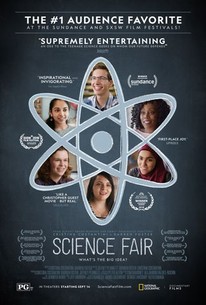
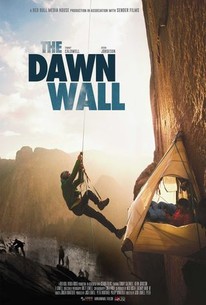
Don't Leave Home 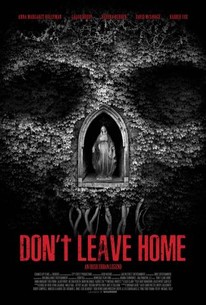 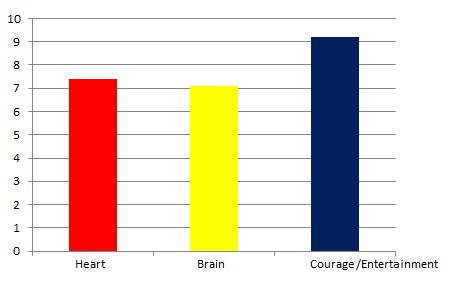 The Predator  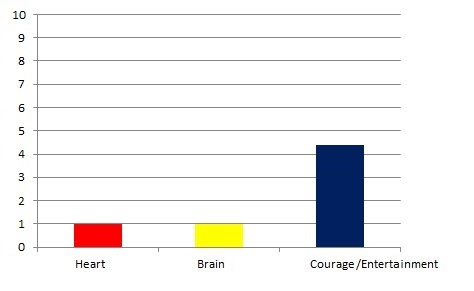 Unbroken: Path to Redemption 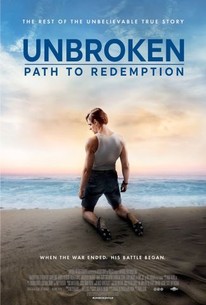
After returning to his home in California from World War II, Louis Zamperini (Samuel Hunt), suffers from Post-traumatic stress disorder. He's haunted by the memories of being tortured by the Corporal Mutsuhiro Watanabe (David Sakurai), while in captivity at a Japanese POW camp during the war. To drown his sorrows, he turns to alcohol. In hopes of getting sober, he vacations in Miami where he meets Cynthia Applewhite (Merritt Patterson). They quickly fall in love, get married and move in together to home in Los Angeles. Louis still struggles with PTSD and alcoholism, though, which threatens to break apart their marriage. When Cynthia introduces him to Billy Graham (Will Graham) and his Los Angeles Crusade of 1949, Louis has the chance to ameliorate his life and to save his marriage by turning to his faith in God instead of to the bottle. Unbroken: Path to Redemption is a heartfelt, tender drama that's essentially two love stories rolled into one: Louis' love of his wife and his newfound love of God. In Unbroken, Louis underwent a grueling physical ordeal in the Japanese POW camp. He survived his battles overseas, but upon returning home, that's when he faces emotional, mental and spiritual battles. The screenplay by Richard Friedenberg and Ken Hixon, based on the novel by Laura Hillenbrand, focuses on Louis' innate struggles and how he overcomes them. The essential expository information about his past is cleverly, effectively and efficiently shown through newspaper clippings during the film's first few minutes before delving right into Louis' return home.
It's somewhat surprising how quickly Louis and Cynthia fall in love with one another and get married. The filmmakers don't spend too much time on their courting scenes, but a little goes a long way. You can sense a lot about Cynthia based on the way that behaves toward him when they went out on a first date to the movies. When Louis runs out of the movie theater while watching a newsreel that triggers his PTSD, she follows him out of the theater and stays with him. That scene alone conveys precisely how loving and compassionate Cynthia is as a human being. He's very lucky to have her in his life, through thick and thin. Their marriage feels real because it has bumps along the way. Director Harry Cronk and the screenwriters don't shy away from showing some emotionally intense scenes. When Louis' PTSD and alcoholism rises to the surface again, it causes a rift between them, but neither of them comes across as caricatures; they're just human beings trying their best to overcome their struggles. The cinematography, costume design, set design and lighting combine to further enrich the film's authenticity for the time period without going over-the-top. There's a soft glow to the lighting that radiates a sense of warmth. The filmmakers should also be commended for the way they used flashbacks to Louis' experiences in the POW camp because they never felt excessive, clunky nor intrusive when it comes to the narrative momentum. They also wisely keep the running time down to a palatable 98 minutes without any scenes that drag or that turn lethargic. Once Louis discovers his faith in God near the third act, that's when the film starts to get a bit preachy and feel slightly contrived, but underneath its surface, it still has a warm, beating heart along with moving performances by Samuel Hunt and Merritt Patterson.
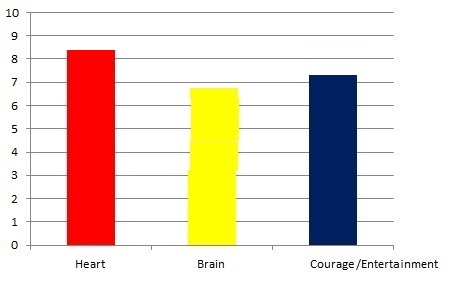 Main Page Alphabetical Menu Chronological Menu ______________________________________________________ |
The NYC Movie Guru
themovieguru101@yahoo.com
Privacy Policy